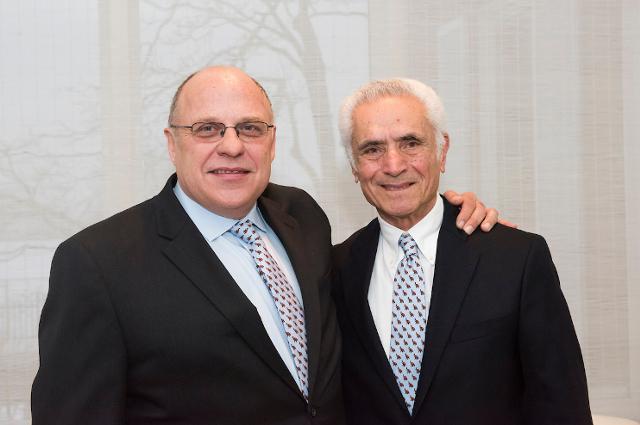-
About
- Departments & Offices
-
Academics
- Physician Assistant
- Special Master’s (MBS)
-
Admissions & Financial Aid
- Tuition & Fees
-
Student Experience
-
- Student Resources by Program
- Academic & Student Support
- Wellness & Wellbeing
- Student Life
- Events & Traditions
-
-
Research
- Research Labs & Centers
- Tufts University-Tufts Medicine Research Enterprise
-
Local & Global Engagement
- Global Health Programs
- Community Engagement
What Makes Some of Us So Selfish?
A generous gift by Ghahreman Khodadad will fund research at Tufts on the neurological underpinnings of extreme self-centeredness.

Ghahreman Khodadad knows that being a little bit selfish is normal. “It’s essential to survival,” he said, explaining that the instinct can benefit a person without harming society. After all, if you can’t take care of yourself, you can’t take care of others. But in his long life, Khodadad, ninety, has seen people who think only of themselves cause terrible pain and suffering around them—from back-stabbing bosses to war-mongering dictators.
Khodadad, who spent thirty years as a neurosurgeon, has long suspected that people with what he calls excessive pathological selfishness (EPS) are born that way, for the most part. Nevertheless, he hopes to find a way to help some become altruistic. Now, with a gift to the Tufts School of Medicine valued at $10.8 million, he will launch a new research endeavor with the potential to explain, at a molecular level, why some people give while others only take.
The Ghahreman Khodadad Center for the Study of Excessive Pathological Selfishness, to be based at the School of Medicine’s Department of Neuroscience, will explore the neurological underpinnings of extreme self-centeredness. Researchers there are already using neurogenetics, which examines the role genes play in the brain, to understand neurological disorders such as Alzheimer’s, epilepsy, and schizophrenia. Given its advanced brain imaging capabilities and its expertise in creating animal models for specific behaviors, the department is well-suited to explore the biological drivers of EPS.
Department:
Neuroscience